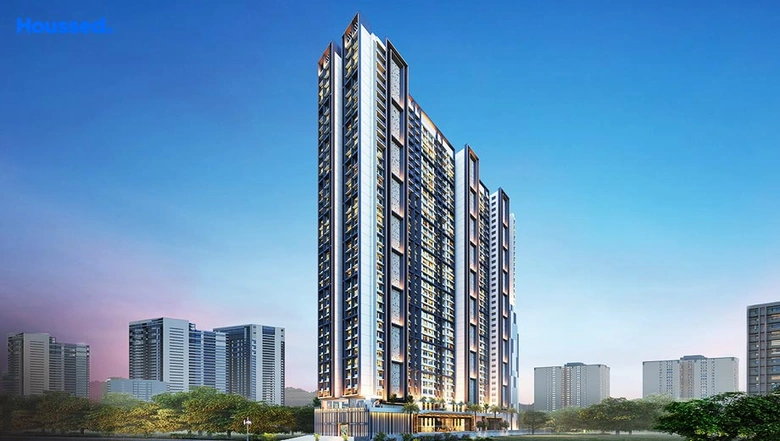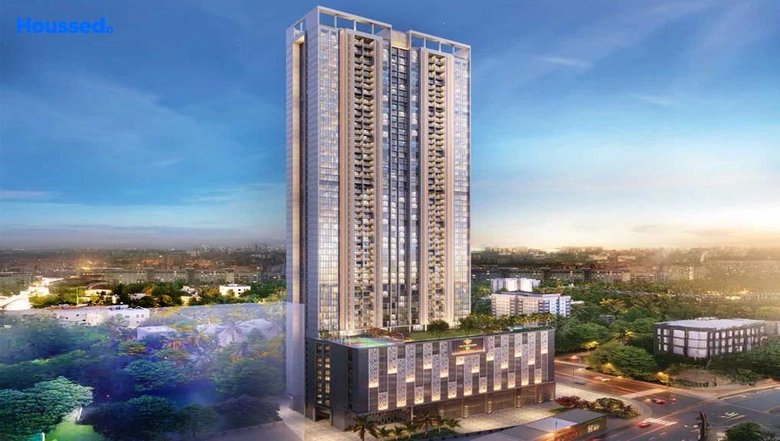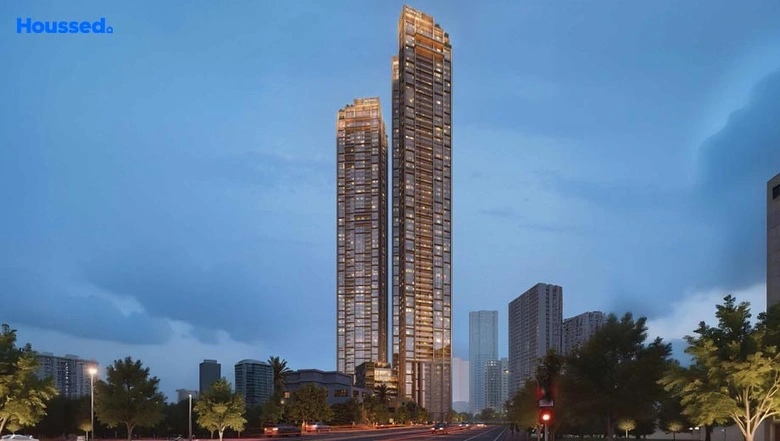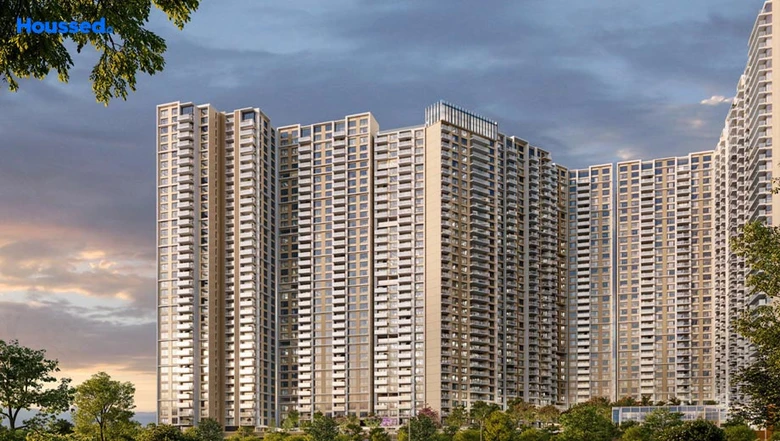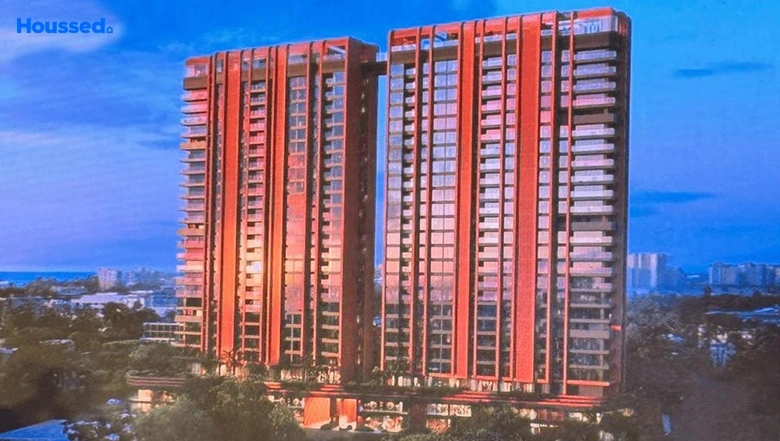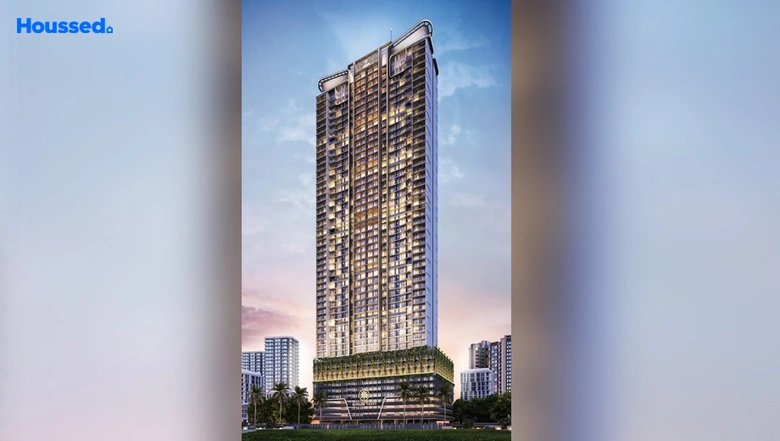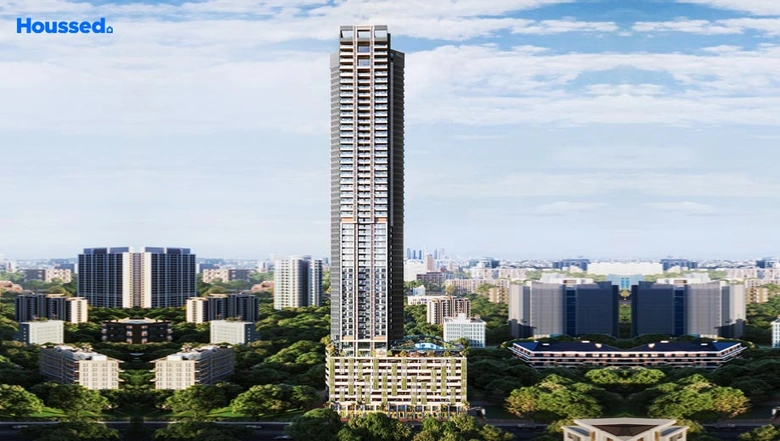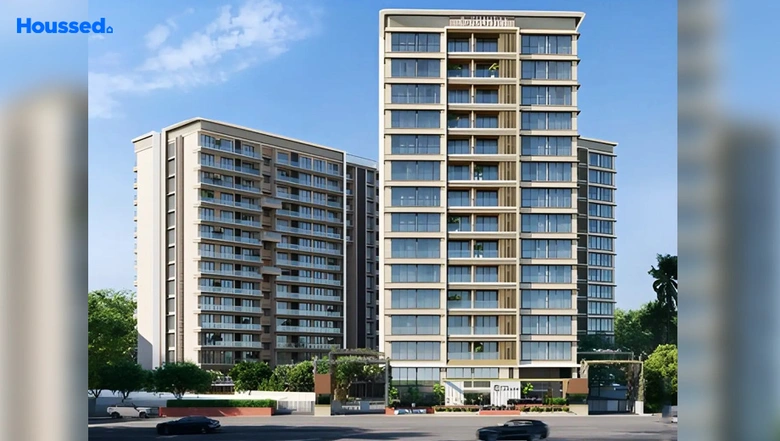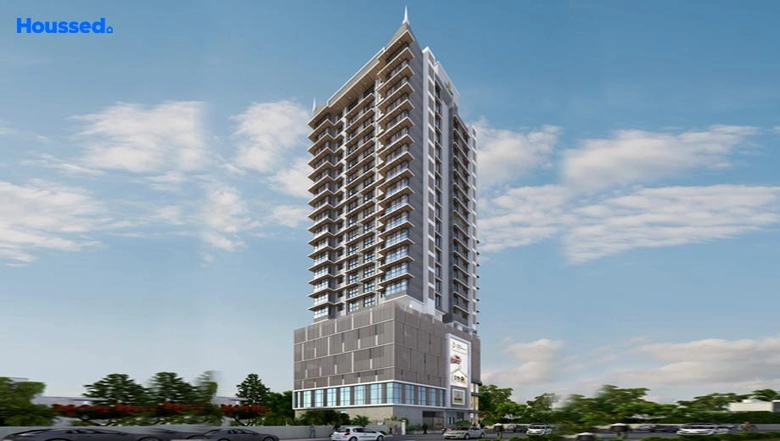Things To Know When Buying and Selling Under-Construction Buildings—4 Advantages & Disadvantages
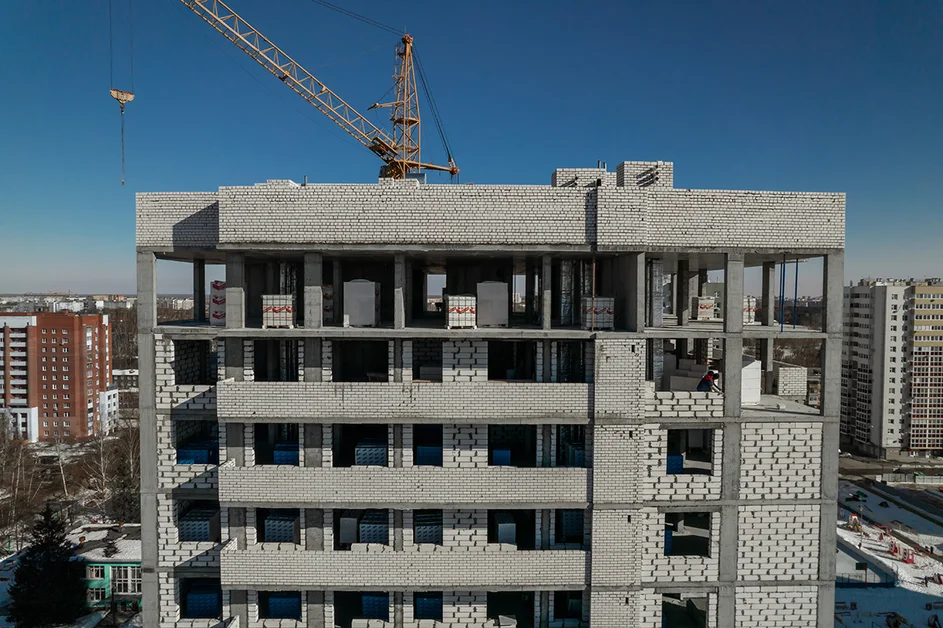
Are you planning to buy or sell an under-construction building? Is it even worth buying an under-construction building? Here you will get all your doubts cleared regarding selling or buying an under-construction; keep reading till the end.
Under-construction buildings attract property buyers because a building still under construction can provide flexibility in design and calls for payments lesser than the ready-to-move-in buildings. However, if something goes wrong, you may have to wait a very long to get your property.
Therefore, taking your time before buying or selling the property is always suggested, and examining all the risk factors is essential.
Every construction project has its own set of advantages and disadvantages. Here is a list of those pros and cons; read carefully to avoid loss.
4 Advantages of Buying And Selling Under-Construction Buildings
The delight of buying a ready-to-move home and moving in within a month is a fantastic experience, and it feels like your life instantly changes in that one month. Though, you should not turn a blind eye to the advantages of buying under-construction property either. From price to remittance and offers, under-construction buildings come with their list of perks. Here are the benefits of purchasing under-construction buildings:
1: Prices Are Lower
The difference in the cost between a ready-to-move property and an under-construction property can vary from anywhere between 15% to 35%. However, you would have to wait to move into your new place; the cost difference will surely be worth the waiting.
2: Price Appreciation is Higher
With progress in the construction of the building, its price increased too. Besides this, during this period, the development of the surrounding also add up to the value of the building. This is one of the reasons why buying a building in its under-construction stage is a wise decision. However, the cost of the property rises too, so the rate of increase can be slow, and the returns can be lesser.
3: Payments Flexibility
The buyer has to pay the whole amount at once or within a short period in the case of ready-to-move buildings. But there's much more payment flexibility in the case of under-construction buildings. Buyers can book an under-construction facility by paying a nominal amount, and they can spend the rest comfortably over a long duration but before the construction completes.
4: Offers
Being ready to move in is crucial for ready buildings, so you would only find offers on those buildings. But then again, you can easily find schemes and plans for under-construction buildings.
4 Disadvantages of Buying And Selling Under-Construction Buildings
1: Delay in Ownership
One of the most severe issues with buying an under-construction building is ownership. Sometimes, ownership gets postponed for a very long time due to problems including but not restricted to lawful debate, a slow rate of construction work, and financial obstacles at the real estate developer's end.
2: Compromisation in Quality
It is seen a lot of times that the builder compromises with the construction quality. Low-priced fitting and poor-quality plumbing are some of the commonly seen issues.
3: No Income Tax Benefits Till Ownership
Since tax benefits on a home loan can only be utilised after the complete ownership of the property, income tax imposed when the property is still under construction is serious trouble. So, you may pay EMI plus rent and still not get any tax allowance.
4: Fake Promises And Projections
One of the significant issues with under-construction buildings is that you don't get precisely what you have been promised. It has often been seen that there is a substantial difference between the pledged property and the final property. Builders make several promises to you related to the infrastructure within the society, but in most cases, you don't get what you have been promised. But according to new rules, the builders have to offer what they have promised to their customers.
3 Tips For Finding The Best Under-Construction Buildings
When buying an under-construction building, you need to know the best option for you, which fits best according to all your needs, and which will go best in your budget. So, here are a few tips for finding the best under-construction buildings.
1: Fix the Right Price
Before finalising the price of the building, it is suggested to always check the cost of that building on resale in that area. Try avoiding the new property price chart provided by the builders, as the builder might set a very high price unit for his shake. Try evaluating the building from a buyer's point of view so that you can get a better idea. Seek an agent's help to finalise the price of that building.
2: Examine All Offers
The decision to sell your under-construction building should be well thought out and well-informed. Choose a buyer with an excellent financial background who can pay the whole amount. Get answers to these questions first.
3: Hire a Mortgage Consultant
At least three parties are involved in this under-construction property transfer process. It becomes confusing when the seller and the buyer try to avail of a loan. And this way, five parties get involved in the transaction: the buyer, the buyer's lender, the seller, the seller's lender, and the builder. As it can be tricky since it is a risk of having two loans on the same property, it is suggested to hire a mortgage adviser to ensure a hinder-free transaction.
4 Things To Check Before Buying An Under-Construction Property
Every construction project has its own set of pros and cons. Before investing in any property, take your time and closely examine all the risk factors. So, let's know the facts you must check before investing in an under-construction building.
1: Check the Registration Papers of the Building
No matter what, be it an under-construction building, ready-to-buy property, or commercial property, every detail is available for the buyer. You, as a buyer, have the full right to verify the information and documents related to the project you are investing in. By doing so, you are avoiding the issues which may get created after the sale of the property.
2: Check if the Site is Applicable for Bank Loans
When buying under-construction property on loan, you should go for projects the bank approves. So, the bank can check the property thoroughly and get all the details about the developer of that construction project before sanctioning the loan to you. It will ensure that both parties won't face any issues in the future.
3: Check the Reliability of the Builder
Is the builder of the project credible? The fraud can bring you massive losses and be offensive against the buyers. So, hire a reputed builder with experience in the real estate sector. A trustworthy real estate builder would provide you with great options without delay.
4: Checklist For The Original Documents
You must check the building's land and carefully examine all the ownership-related documents. Read the mortgage rights and verify whether you have any issues being an owner.
- Ask for the land use certificate and whether the building has been constructed in the residential zone.
- They must have clearance certificates. So, verify whether the property has a certificate of commencement or not.
- You may also ask for the building plan for your complete satisfaction.
Once you are delighted with the paperwork, you can visit the project site and get a complete understanding of the under-construction building. Check if the constructors are using high-quality materials or not. With that, you should also check the local environment and the nearby construction projects.
Points to Consider When Investing in a Ready-to-Move-in or an Under-Construction House
- Try to understand the total budget for buying the property and ensure that your finances are in place in advance.
- The building/house should have all the necessary approvals and licenses.
- All information related to the other parties involved with the same project should be obtained to understand the project's viability and quality.
- Based on your regular commute requirements, you should choose the desired location.
- You should also check online and social media for reviews on the project, builder, and locality.
Conclusion
When buying or selling an under-construction building, you should do all the required research before making the final decision. As there are always pros and cons in every investment you make, all you need to know is to be aware of all the advantages and disadvantages of each investment you make.
While buying an under-construction building, you should consider the location and the upcoming plans for that area. As a buyer, you have flexibility in payment for an under-construction building. For a better understanding of people' preferences, more and more research is needed. It helps to create new approaches to attract investors.
